
No mundo do lucro acima de tudo da digitalização e automação, a ética e a natureza do profissionalismo parecem estar em questão e sob ataque de todos os lados. Os novos robôs no bloco fornecerão a mesma experiência e múltiplas inteligências que esperamos dos especialistas humanos? O que pode ser feito para preservar e fortalecer a qualidade de nossas profissões?
Today we begin a three-part blog mini-series on this topic with one of A Pesquisa Global para a Educação de most popular contributors, Professor Howard Gardner. In the course of our series, Howard will discuss how all the professions and, in particular education, are affected by our rapidly changing world. He will also share his recommended steps on becoming a professional ethicist.
Howard Gardner recebeu inúmeras homenagens ao longo de sua vida, incluindo uma bolsa de estudos do prêmio MacArthur. He has honorary degrees from universities around the globe, e foi nomeado um dos 100 intelectuais mais influentes da revista Foreign Policy and Prospects por seu trabalho no estudo e exploração da teoria das inteligências múltiplas. Ele dirige o Projeto GoodWork ™, um esforço em grande escala para identificar indivíduos e instituições que exemplificam um bom trabalho.
Em Parte 1 of our three-part mini blog series, Howard will discuss why he decided to start a blog about ethics in the professional world and how he thinks ethics is being undermined today.

Howard, why a blog called “The Professional Ethicist”?
To begin with, Cathy, the title harbors a triple pun. primeiramente, I don’t believe that there are such things as professional ethicists, except perhaps for the occasional philosopher. But I, along with many others, have been writing about the ethics entailed in various professions, from engineering to education. While it has improved recently, I have long been disappointed with the quality of the weekly New York Times column called “The Ethicist”. One day last year I experienced one of those A-ha moments: “I can do it better!
Cathy, to turn serious, I believe that the range of professions – from architecture to veterinary medicine, from education to the ministry, are vital and precious human inventions. At the core of each of these professions is a set of values that encompass integrity, serviço, and dis-interestedness, striving to do what is right independent of personal gain or loss. Sometimes the value is distinctly personal, por exemplo, teachers have obligations to each of their students. At other times, the value veers toward the universal, por exemplo, journalists have an obligation to pursue the truth, fairly and fearlessly.
ai, I see the range of professions, here in the United States and abroad, as under severe strain, because of both internal and external forces. In launching my blog, I hope to explore the reasons for these pressures and the optimal means of dealing with them, thereby strengthening both the range and the quality of professions.
Do you think that robots with artificial intelligence could ultimately provide the expertise and multiple intelligences that we need from human experts?
It’s already clear that artificial intelligence can provide information that we used to secure from experts or that we had to look up ourselves. Just think about Siri, Encore, and the power of many other search engines. There is every reason to believe that these systems will continue to get ‘more intelligent’. As I am writing, the best “vai” player in the world is struggling to compete successfully with a newly developed computational system.
I think we need to separate three issues. Firstly does the system reach its ‘answers’ in the same way that human beings do? This is the difference between ‘artificial intelligence’ and ‘human simulation. Secondly does the system manifest its intelligence? Para muitos de nós, there’s a big difference between typing a question on our pad, as opposed to conversing with a robot or avatar. The more that the robot resembles a human being, the more satisfying it will be to many individuals, although not to me! Thirdly can the computational system provide a recommended course of action that is as solid, or even more solid, than a well-trained professional? In a way that the client finds satisfying? For the foreseeable future (say a decade or two), I think that the answer is no. But I would add that for individuals who cannot afford to consult a professional, or for whom no professional is available, an artificial system will typically be much better than the recommendations of a friend or than common sense – which is all too often common non-sense.

Very interesting and so back to your blog. I believe you launched it last September?
Sim, I began my blog in a very quiet way. After writing half a dozen blogs, I wrote a major essay on the future of the professions (sobre 5000 palavras), posted it in early December, and sent it to two dozen colleagues. I was surprised and elated by the range and depth of the responses – both the 40 or so that have been posted and several that were sent privately. Contributors educated me about the similarities and differences between medieval guilds and modern professions; the undue power and secrecy of certain professional organizations; the different statuses and profiles of professions across Europe and Asia.
See http://www.thegoodproject.org/is-there-a-future-for-the-professions-an-interim-verdict/
Inicialmente, I had planned to write a single blog in response. But so many vital issues were brought up that I am posting ten separate blogs in the coming months.
Why do you think the ethical foundations of all professions are being undermined?
The full range of professions are vulnerable because of three major factors. primeiramente, a smugness that the value of professions is self-evident and can therefore be taken for granted. Em segundo lugar, the power of the marketplace which has induced many professionals across the professional landscape to chase the highest income rather than preserving the core of expert service; e finalmente, the digital media, which holds the promise – or the threat – of replacing many, if not most tasks formerly carried out by professionals.
Taken together, these three forces would suffice to destroy the professions. Mais, it isn’t clear what entities/institutions/vocations could or would take their place. We could find ourselves without an investigative press; without fair-minded judges; without physicians who prescribe what is appropriate to each patient. These outcomes would be disastrous.
Join us next week for Part 2 de Em busca de profissionais de ética, in which Howard Gardner will focus on Ethics in Education.
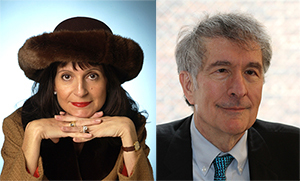
(All photos are courtesy of Shutterstock and CMRubinWorld)
Junte-se a mim e líderes de renome mundial, incluindo Sir Michael Barber (Reino Unido), Dr. Michael Bloco (EUA), Dr. Leon Botstein (EUA), Professor Clay Christensen (EUA), Dr. Linda, Darling-Hammond (EUA), Dr. MadhavChavan (Índia), Professor Michael Fullan (Canadá), Professor Howard Gardner (EUA), Professor Andy Hargreaves (EUA), Professor Yvonne Hellman (Holanda), Professor Kristin Helstad (Noruega), Jean Hendrickson (EUA), Professor Rose Hipkins (Nova Zelândia), Professor Cornelia Hoogland (Canadá), Honrosa Jeff Johnson (Canadá), Senhora. Chantal Kaufmann (Bélgica), Dr. EijaKauppinen (Finlândia), Secretário TapioKosunen Estado (Finlândia), Professor Dominique Lafontaine (Bélgica), Professor Hugh Lauder (Reino Unido), Senhor Ken Macdonald (Reino Unido), Professor Geoff Mestres (Austrália), Professor Barry McGaw (Austrália), Shiv Nadar (Índia), Professor R. Natarajan (Índia), Dr. PAK NG (Cingapura), Dr. Denise Papa (US), Sridhar Rajagopalan (Índia), Dr. Diane Ravitch (EUA), Richard Wilson Riley (EUA), Sir Ken Robinson (Reino Unido), Professor Pasi Sahlberg (Finlândia), Professor Manabu Sato (Japão), Andreas Schleicher (PISA, OCDE), Dr. Anthony Seldon (Reino Unido), Dr. David Shaffer (EUA), Dr. Kirsten Immersive Are (Noruega), Chanceler Stephen Spahn (EUA), Yves Theze (LyceeFrancais EUA), Professor Charles Ungerleider (Canadá), Professor Tony Wagner (EUA), Sir David Watson (Reino Unido), Professor Dylan Wiliam (Reino Unido), Dr. Mark Wormald (Reino Unido), Professor Theo Wubbels (Holanda), Professor Michael Young (Reino Unido), e Professor Minxuan Zhang (China) como eles exploram as grandes questões da educação imagem que todas as nações enfrentam hoje.
A Pesquisa Global para Educação Comunitária Página
C. M. Rubin é o autor de duas séries on-line lido pelo qual ela recebeu uma 2011 Upton Sinclair prêmio, “A Pesquisa Global para a Educação” e “Como vamos Leia?” Ela também é autora de três livros mais vendidos, Incluindo The Real Alice no País das Maravilhas, é o editor de CMRubinWorld, e é um Disruptor Fundação Fellow.


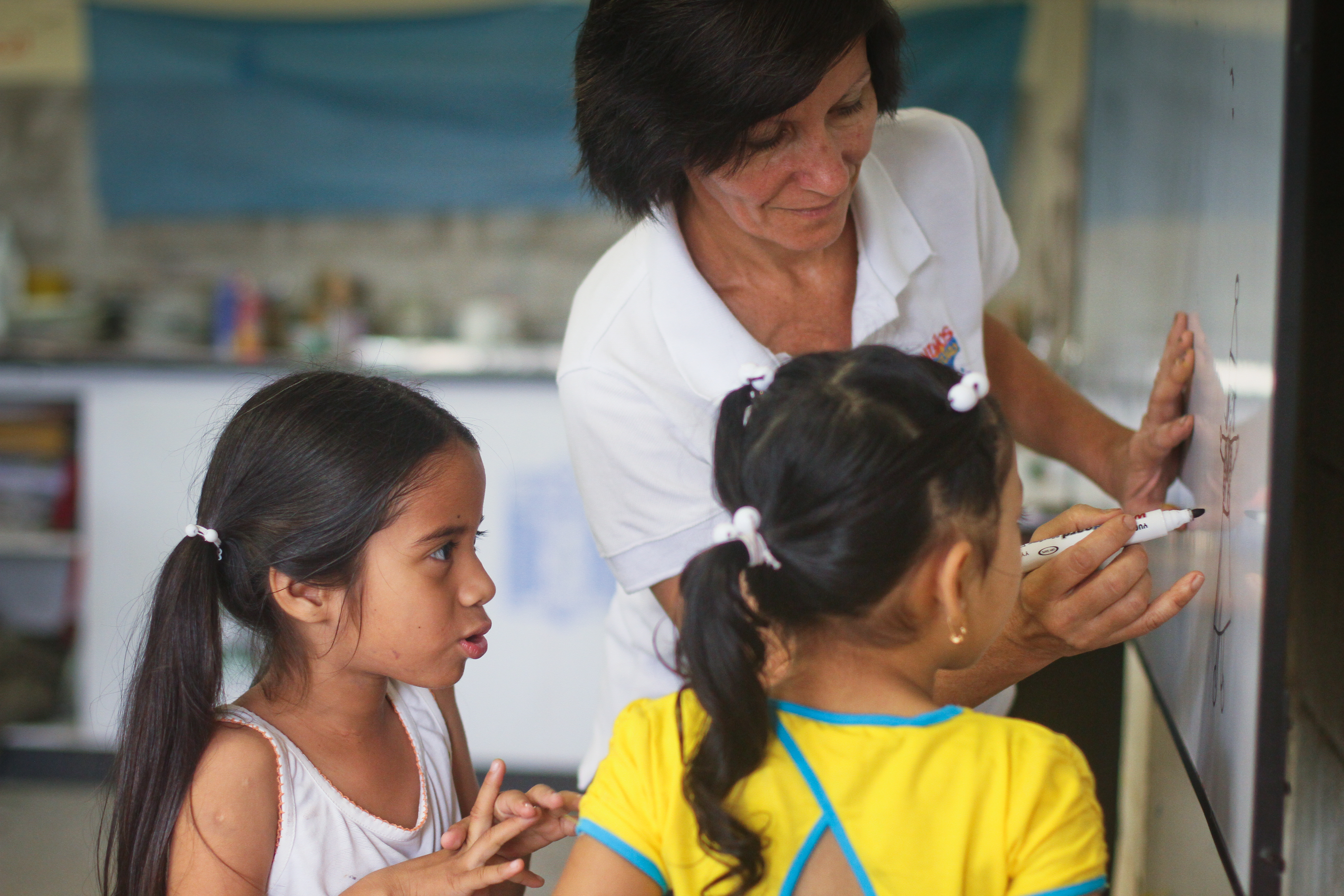
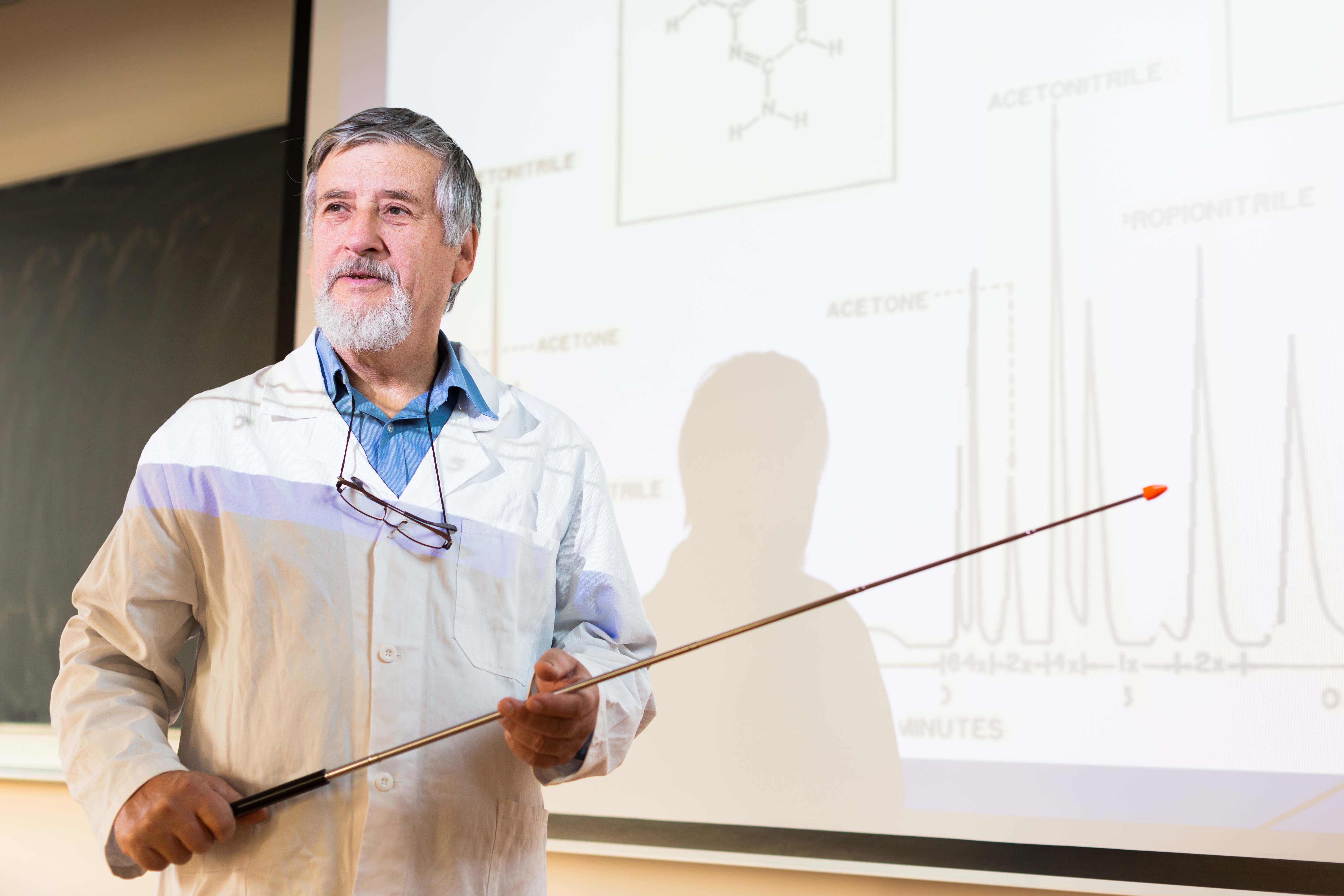
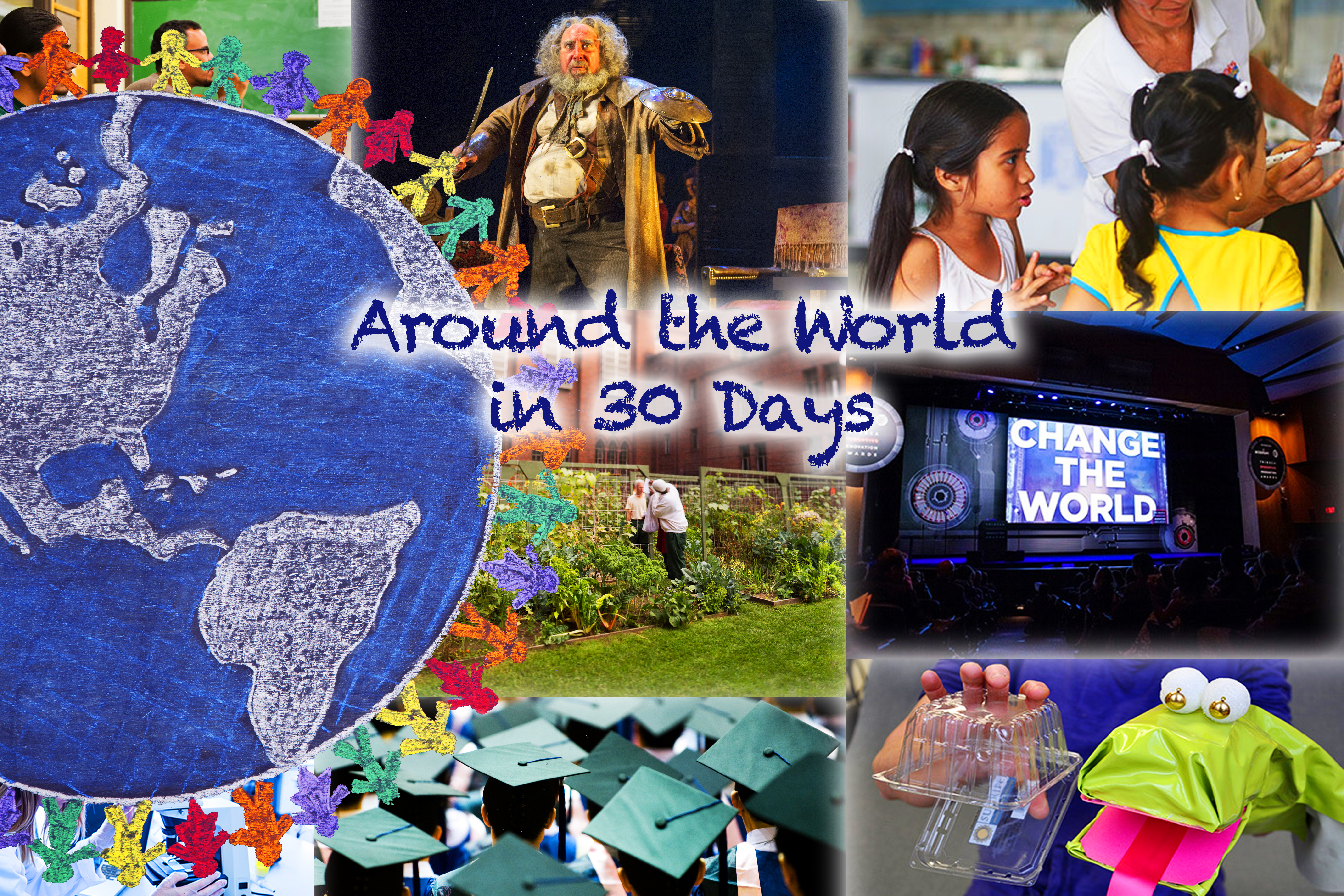
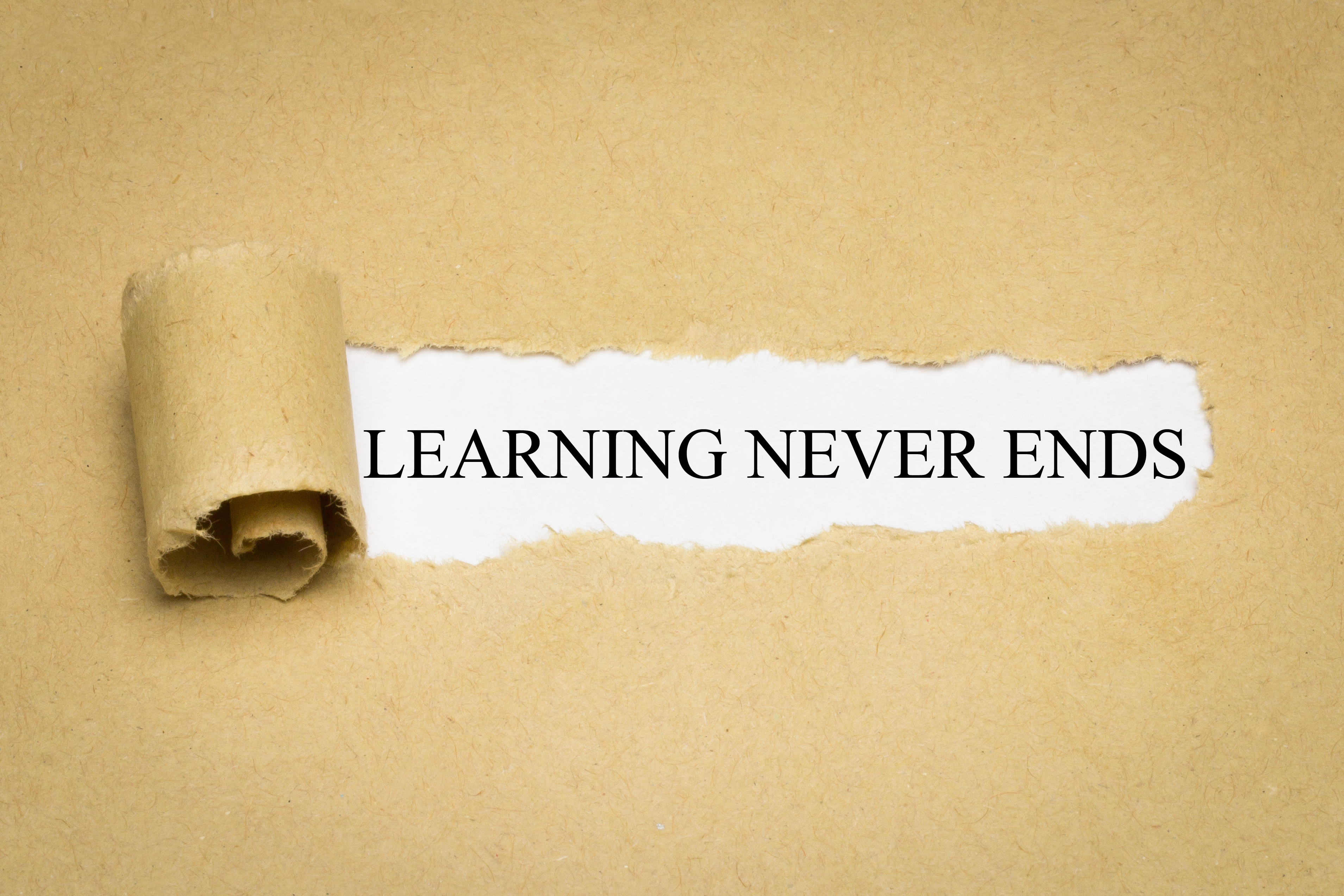
Comentários Recentes